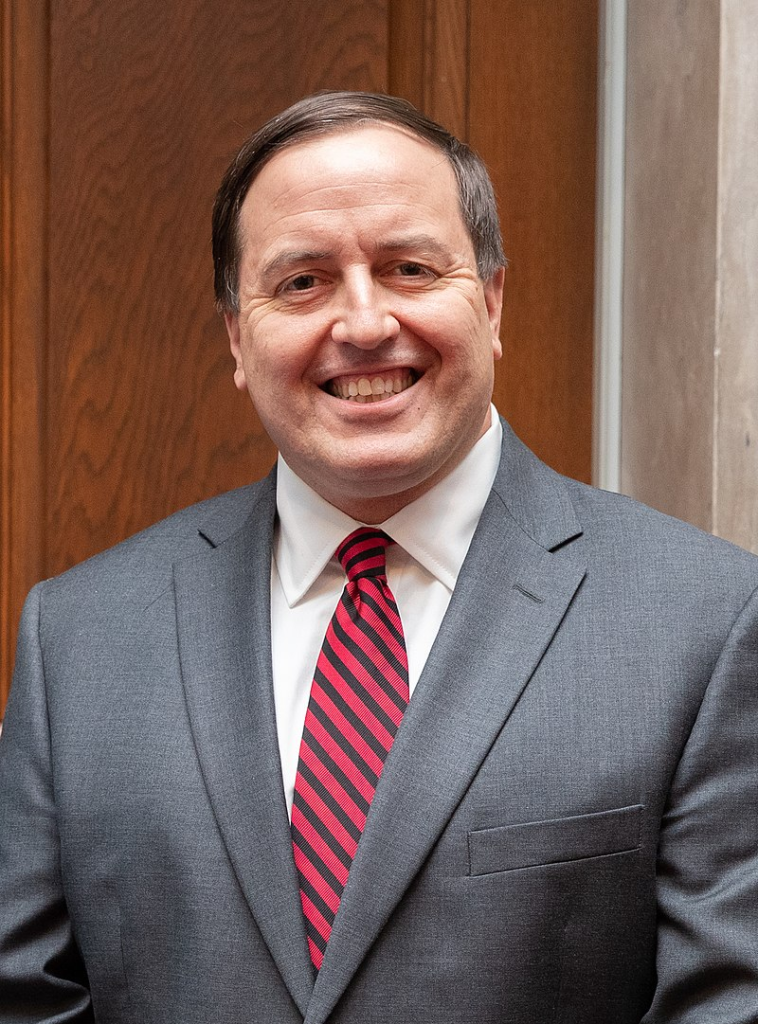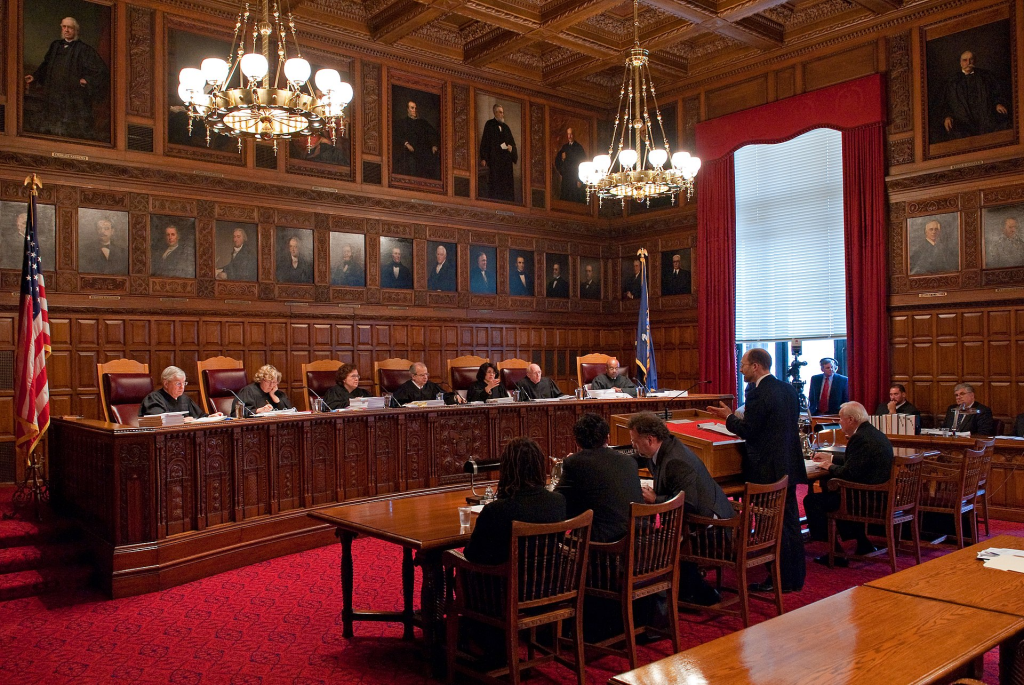
Missouri’s Investment Rule Challenged in Court
A recent federal court ruling has overturned a Missouri investment regulation designed to address so-called “woke” investment practices. The rule, issued by Missouri Secretary of State Jay Ashcroft, required financial professionals to disclose when their investment decisions were influenced by environmental, social, and governance (ESG) factors. The court found that this regulation was both unconstitutional and in conflict with federal laws.

The Rule’s Impact on Investment Professionals
The Missouri regulation mandated that investment advisers obtain written consent from clients before making decisions based on non-financial objectives. This requirement aimed to ensure that investors were aware of the potential influence of ESG factors on their investment returns. However, critics argued that the rule placed an unnecessary burden on financial professionals, complicating their ability to serve clients effectively.

Legal Challenges and Court Ruling
The Securities Industry and Financial Markets Association (SIFMA) challenged the Missouri rule in court, arguing that it was preempted by federal laws governing investment brokers. The court agreed, stating that the rule violated the First Amendment rights of investment advisers and was impermissibly vague. As a result, a permanent injunction was issued, preventing the enforcement of the rule.

Federal vs. State Jurisdiction
One of the key issues in the case was the conflict between state and federal jurisdiction. The court found that Missouri’s rule was preempted by the National Securities Markets Improvement Act (NSMIA) and the Employee Retirement Income Security Act (ERISA), which already regulate investment practices at the federal level. This ruling emphasized the limitations of state-level regulations in areas where federal law is already comprehensive.

The First Amendment Debate
The court’s decision also highlighted concerns about free speech. The Missouri rule required investment professionals to make disclosures that the court found to be “politically charged” and not purely factual. This requirement was seen as a violation of the First Amendment, as it forced professionals to communicate messages they may not agree with.

Industry Reactions
The ruling was welcomed by many in the financial industry, who saw it as a victory for free enterprise. SIFMA, which had led the legal challenge, stated that the decision protected the integrity of the national securities market system and prevented unnecessary regulatory burdens on financial professionals.

Implications for ESG Investing
The Missouri regulation was part of a broader trend of state-level efforts to regulate ESG investing, which has become a contentious issue in recent years. The court’s ruling may deter other states from implementing similar rules, reinforcing the primacy of federal regulations in this area.

Political Ramifications
The court’s decision also has political implications, particularly for Secretary of State Jay Ashcroft, who had championed the rule as part of his broader agenda. Ashcroft, who recently ran for governor, may see this ruling as a setback in his efforts to position himself as a leader against “woke” financial practices.

Future of the Regulation
Despite the court’s ruling, the debate over the regulation of ESG investing is far from over. Ashcroft has indicated that his office is considering an appeal, which could potentially bring the case to higher courts. The outcome of any such appeal could have significant implications for the regulation of investment practices across the country.

Broader Context of ESG Regulation
The Missouri case is part of a larger national conversation about the role of ESG factors in investment decisions. While some argue that these factors are essential for responsible investing, others view them as a distraction from the primary goal of maximizing financial returns. This debate is likely to continue as more states and federal agencies grapple with how to regulate ESG investing.
By understanding these various aspects of the case, it becomes clear that the intersection of law, politics, and finance will continue to shape the landscape of investment regulation in the United States.






